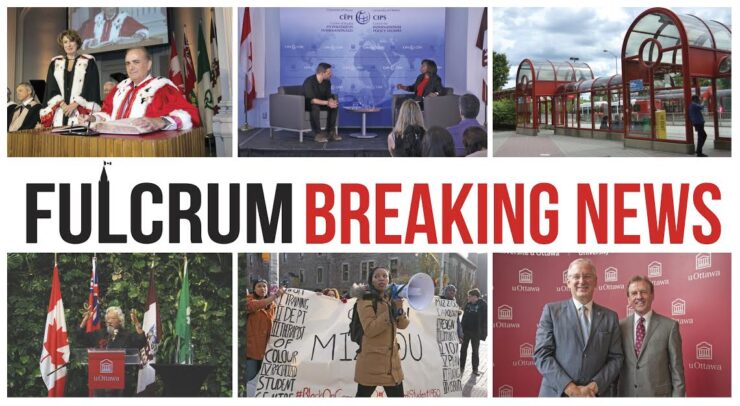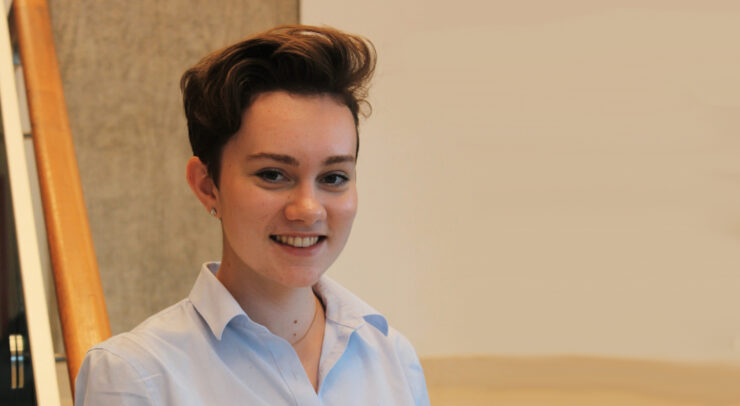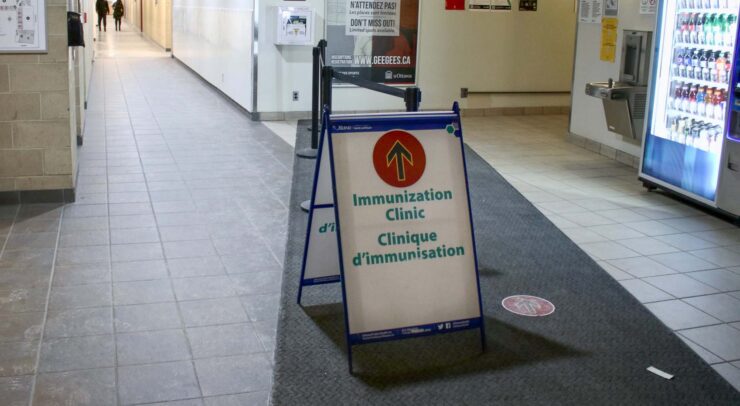On June 13 University of Ottawa undergraduate student Jamal Boyce was racially profiled, carded and subsequently arrested by Protection Services for simply skateboarding on campus. Since Jamal released his story, multiple incidents of protection officers racially targeting students have come to light.
In one of these incidents, videotaped by a U of O law and medicine professor, the officer cites university Policy 33. Policy 33 states members of Protection Services are authorized to request proof of identity from individuals on campus. In Canada, you are not required by law to provide police with identification (except for very few certain circumstances) and you cannot be arrested for refusing to do so.After letting them know that i didn't have my wallet on me and trying to walk away they followed me, hit my phone to the ground as i tried to record, grabbed me and put me in handcuffs #blackoncampus @ctvottawa @uottawa pic.twitter.com/yQ7C7W2A1G
— Jamal (@Jamal_KB) June 13, 2019
However, according to the U of O’s website, under Section 494 of the Criminal Code campus protection officers are authorized to make an arrest if they witness an individual committing a criminal offence on university property.
The Protection Services website (see “Authority of Our Security Guards and Investigative Teams”) also states that officers may issue a warning to individuals that they believe may be trespassing. Should individuals not provide ID, they may be asked to leave the property and arrested if they choose not to do so. In theory, this practice is meant to keep students safe.
The mandate of Protection Services is to “enhance security” and “ensure respect for the rights of the university community.”
So, I have to ask, where was the respect for Jamal’s rights?
It would be nice to believe that Protection Services has the best interest of students’ protection in mind. That is, after all, their job. It is their job to protect those that have a right to be on university property. It is their job to ensure that university community members are safe and welcomed.
But it’s clear this is not what is happening.
Over the last 24 hours, countless students have spoken out about the safety of Black students on campus and the sentiment is the same across the board. They do not feel safe, welcomed, or respected.
We don’t need an investigation or report to tell us that there is clearly a racial bias among protection officers. We don’t need an investigation or report to tell us that Policy 33 is not working the way it was intended to.
When I became involved with the University of Ottawa Students’ Union, I did so because it was the right thing to do. I gave up a year of my life to fight for students on this campus. I worked day and night to do all I could to protect vulnerable and marginalized students. Those that were hired to do so could at least do the same.
Tiyana Maharaj is one of the founders of the University of Ottawa Students’ Union






